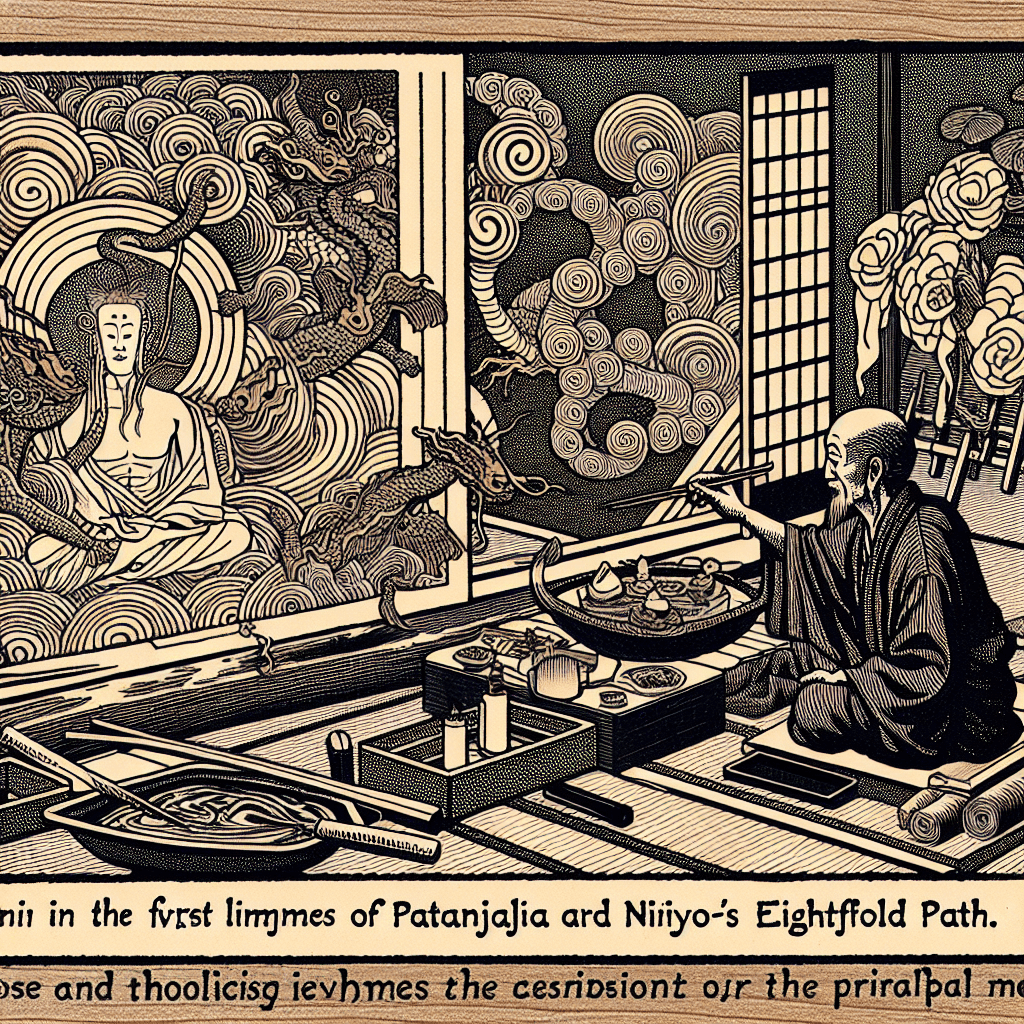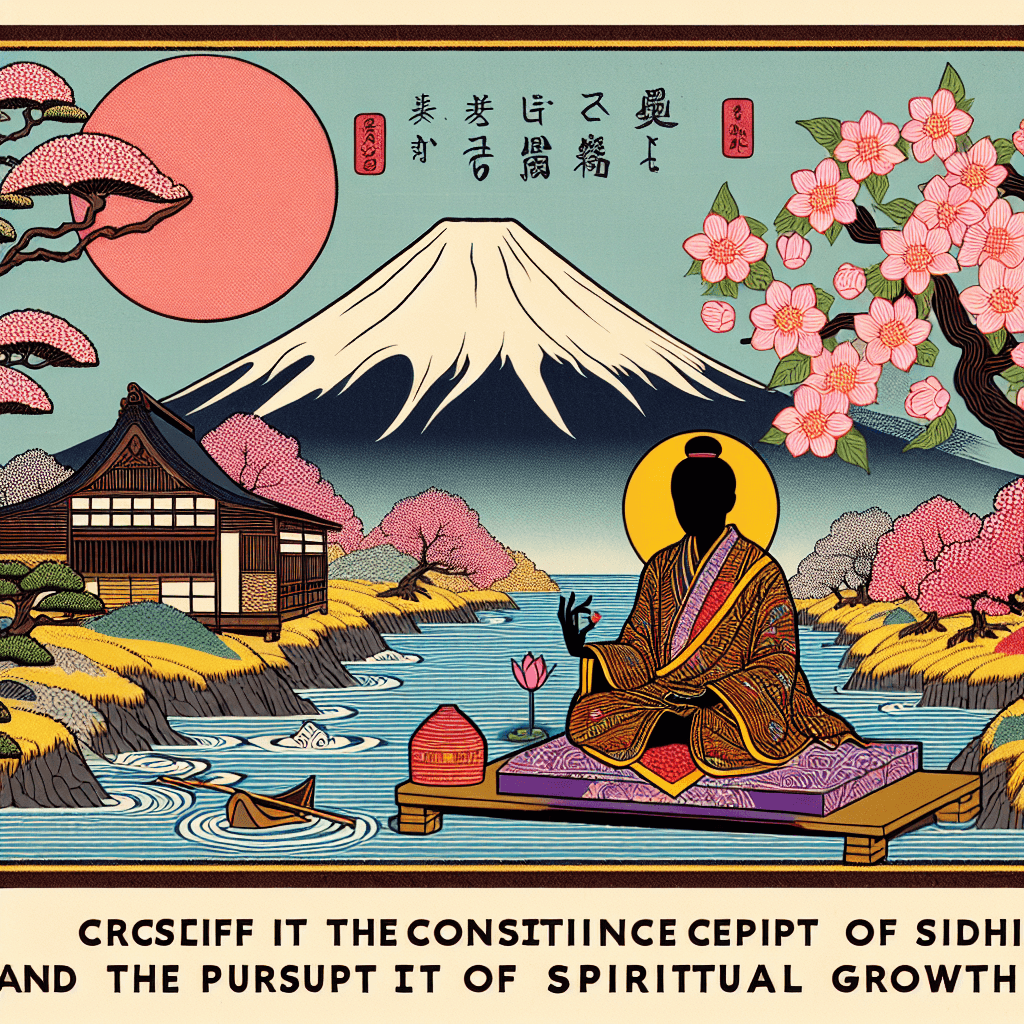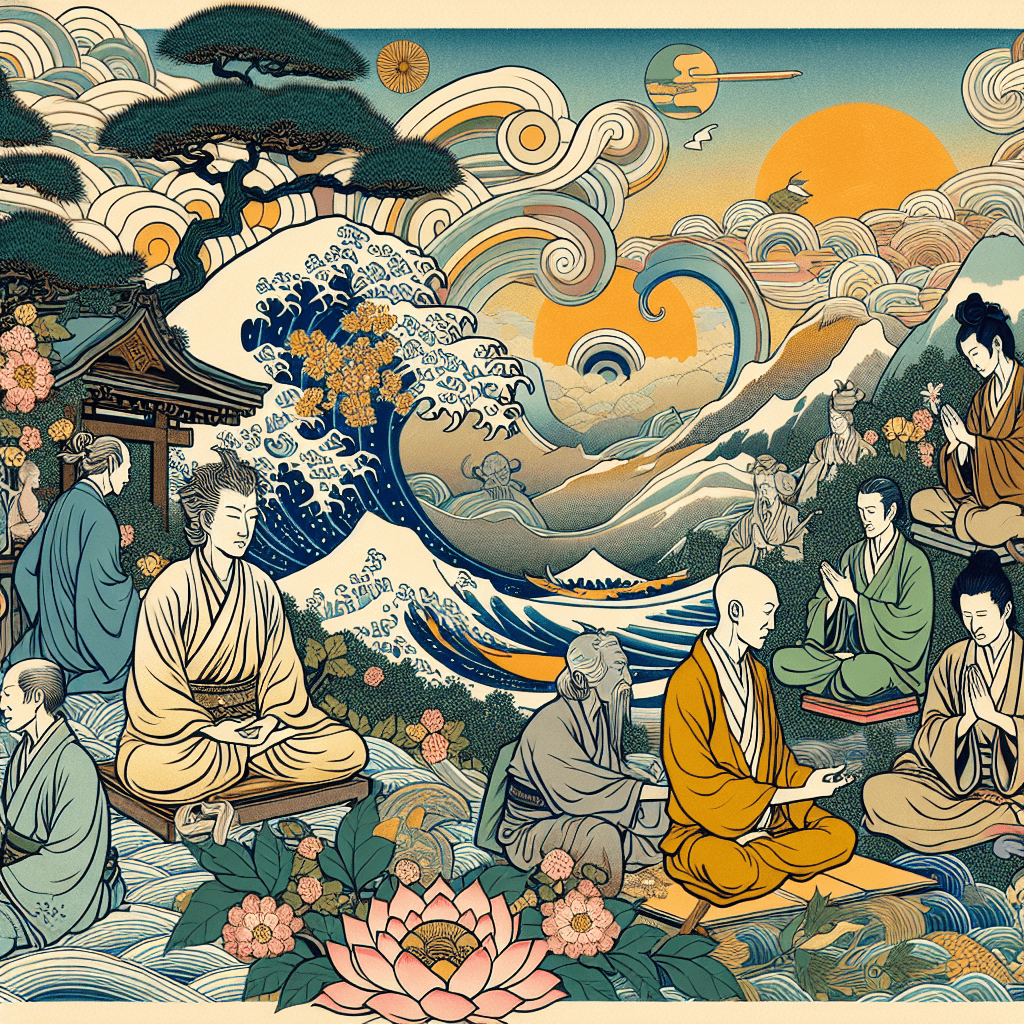Embracing Yamas and Niyamas: The First Two Limbs of Patanjali's Eightfold Path
syndu | Nov. 2, 2023, 8:59 p.m.

Embracing Yamas and Niyamas: The First Two Limbs of Patanjali's Eightfold Path
Introduction:
In the journey of self-discovery and spiritual growth, Patanjali's Eightfold Path of Yoga offers a comprehensive guide. The first two limbs of this path, Yamas and Niyamas, serve as the ethical and moral foundation for this journey. Let's delve deeper into understanding these principles and how they can be incorporated into our daily lives.
Yamas: The Ethical Standards:
Yamas are the moral, ethical, and societal guidelines for the practicing yogi. These are universal practices that, regardless of faith, culture, or circumstance, apply to everyone. The five Yamas are:
- Ahimsa (Non-violence): This principle encourages us to act with kindness and compassion towards all living beings, including ourselves. It's not just about physical harm but also about the words we speak and the thoughts we harbor.
- Satya (Truthfulness): Satya urges us to live and speak our truth always. It's about being honest with ourselves and others, promoting authenticity and integrity.
- Asteya (Non-stealing): This Yama is about not taking what isn't ours, whether it's material or immaterial. It also encourages contentment and gratitude for what we have.
- Brahmacharya (Continence): Traditionally, this Yama referred to celibacy. However, in a broader sense, it's about controlling our desires and not being ruled by them.
- Aparigraha (Non-avarice): This principle encourages us to let go of our attachments, to not hoard, and to be generous.
Niyamas: Self-Discipline and Spiritual Observances:
Niyamas, the second limb, are the self-disciplines and spiritual practices that promote inner growth. The five Niyamas are:
- Saucha (Purity): This Niyama encourages cleanliness of body, mind, and environment, promoting health and clarity.
- Santosha (Contentment): Santosha teaches us to find contentment in what we have and where we are, rather than seeking happiness in external things.
- Tapas (Discipline or austerity): Tapas is about self-discipline, persistence, and perseverance on our spiritual path.
- Svadhyaya (Self-study): This principle encourages introspection and self-awareness, promoting personal growth.
- Ishvara Pranidhana (Surrender to a higher power): This Niyama is about surrendering the ego and acknowledging a power greater than ourselves.
Conclusion:
Yamas and Niyamas are not just rules to be followed but principles that guide us towards a fulfilling and meaningful life. They encourage us to live with integrity, kindness, and self-awareness, fostering personal growth and spiritual development. By incorporating these principles into our daily lives, we can embark on a transformative journey towards self-discovery and inner peace.
"Yamas and Niyamas are not just rules to be followed but principles that guide us towards a fulfilling and meaningful life."






